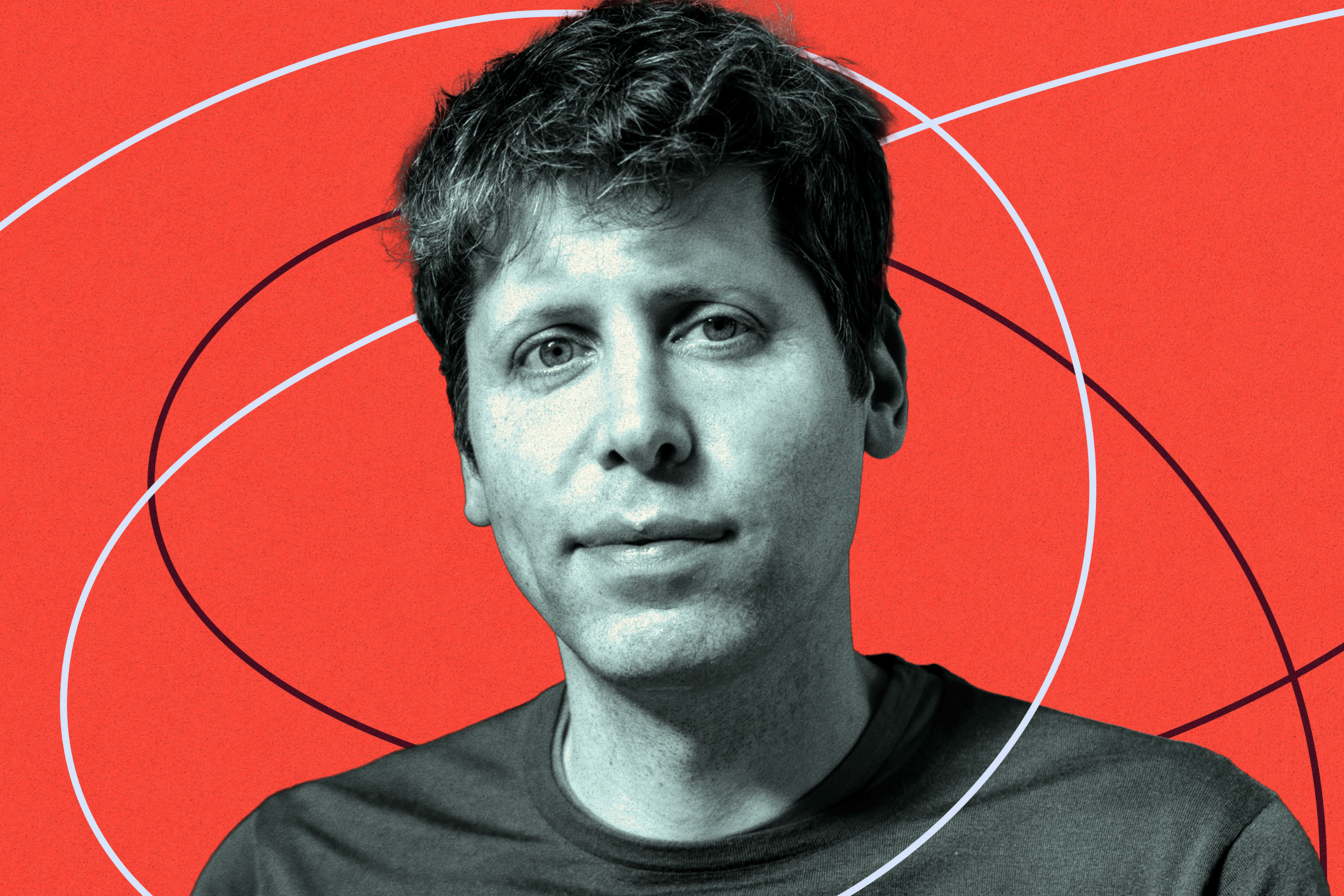Cluely is trying to offload all three floors of its SoMa frat-pad headquarters on Bryant Street (opens in new tab), a mere six months after moving in.
The startup plans to relocate to New York, Cluely CEO Roy Lee confirmed to The Standard.
Lee said the company is moving out because it’s illegal for them to live and work in the building, which is zoned as office space.
“Work-live…is extremely important to the company,” Lee said. “New York is a stronger location for consumer startups and content creation, which are both vital to the company.” Lee said there is currently no timeline for the startup’s move.
When The Standard visited the Cluely office in July, six employees lived in the building, while nearly a dozen others, as well as content creators, were being put up across the street. The Standard’s story, which includes photos of the space, was submitted as evidence in a complaint to the San Francisco Planning Commission alleging Cluely employees were illegally living in the building. The complaint (opens in new tab) is currently under review.

The move comes weeks after Lee acknowledged that viral hype might not be enough to build his “cheat on everything” AI app that provides undetectable real-time analysis, questions, and notes.
“I can’t say if it’s a mistake, but maybe we launched too early,” he said last month at the TechCrunch Disrupt conference. “The whole idea [was], let’s launch something that barely works, and if we can get enough initial users, they will become the power users; they will find out the use cases for us.”
Lee declined to answer questions about the company’s metrics during the event at Moscone West, despite boasting about the numbers this summer. “I’ll say we’re doing better than I expected, but it’s not the fastest growing company of all time,” he said.
Lee also admitted at Disrupt that growth has been slower than he hoped: “A lot of the reason for lower product velocity right now is because we’re suffering from a lot of tech debt from a quick launch.”
The company is struggling to find product market fit, according to a source familiar with internal operations.
“Not sure what metrics people are using to determine a lack of product market fit, but people online will say anything,” Lee said in a text message to The Standard.
Last month, Cluely repositioned itself as an AI assistant for meetings that can handle tasks like sending follow-up emails. It joins a competitive field of AI meeting tools, including ChatGPT, Granola, and Otter.ai (opens in new tab).
Lee explained that he pivoted Cluely into a notetaker because it’s one of the only consumer AI tools he’s seen to be valuable to consumers. He said the company’s future depends on how quickly AI models improve.
“If the models plateau here, then we become the best AI notetaker … and if the models get ridiculously better, then you saw the video yourself,” he said, referencing Cluely’s April launch video showing Lee using the technology in his glasses to lie about his age, job, and interests while on a blind date. The video, which ends with the woman storming out of the restaurant in anger, has more than 13 million views on X (opens in new tab).
Lee said in June (opens in new tab) that Cluely’s goal was to be on every person’s computer within a year and to reach $100 million in annual recurring revenue faster than any company in history.
Cluely raised $15 million from Andreessen Horowitz this year, just two months after its $5.3 million seed round. In July, Lee told The Standard that Cluely had $7 million in annual recurring revenue; 100,000 users, concentrated in the U.S.; and had some profitable weeks.

The original incarnation of the startup was at Columbia University, where Lee and cofounder Neel Shanmugam built an AI tool to help students cheat on coding interviews. Both dropped out of school after facing disciplinary action and moved to San Francisco to build Cluely.
The startup rose to prominence for its focus on social media virality. In July, the office seemed more like a Los Angeles creator mansion than a Silicon Valley hacker house: Engineers were outnumbered by influencers who spent all day creating content to pump up Cluely downloads.
“We are the kings of distribution and the kings of virality,” Lee said at the time. “Never, ever before in the history of humanity has it been possible to pick up a camera, talk for five seconds, and reach 100 million people. We’re using that to build a generational company.”

